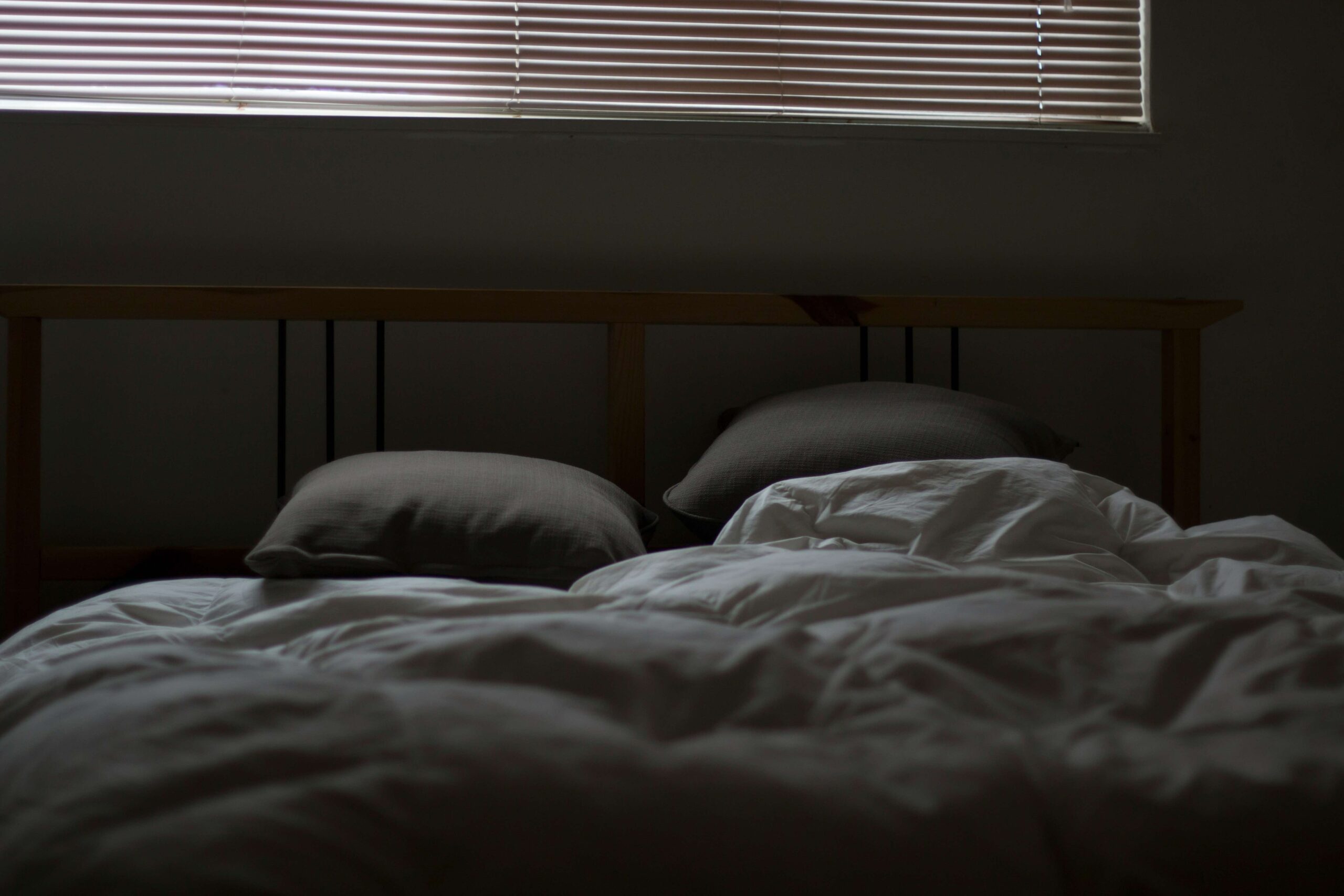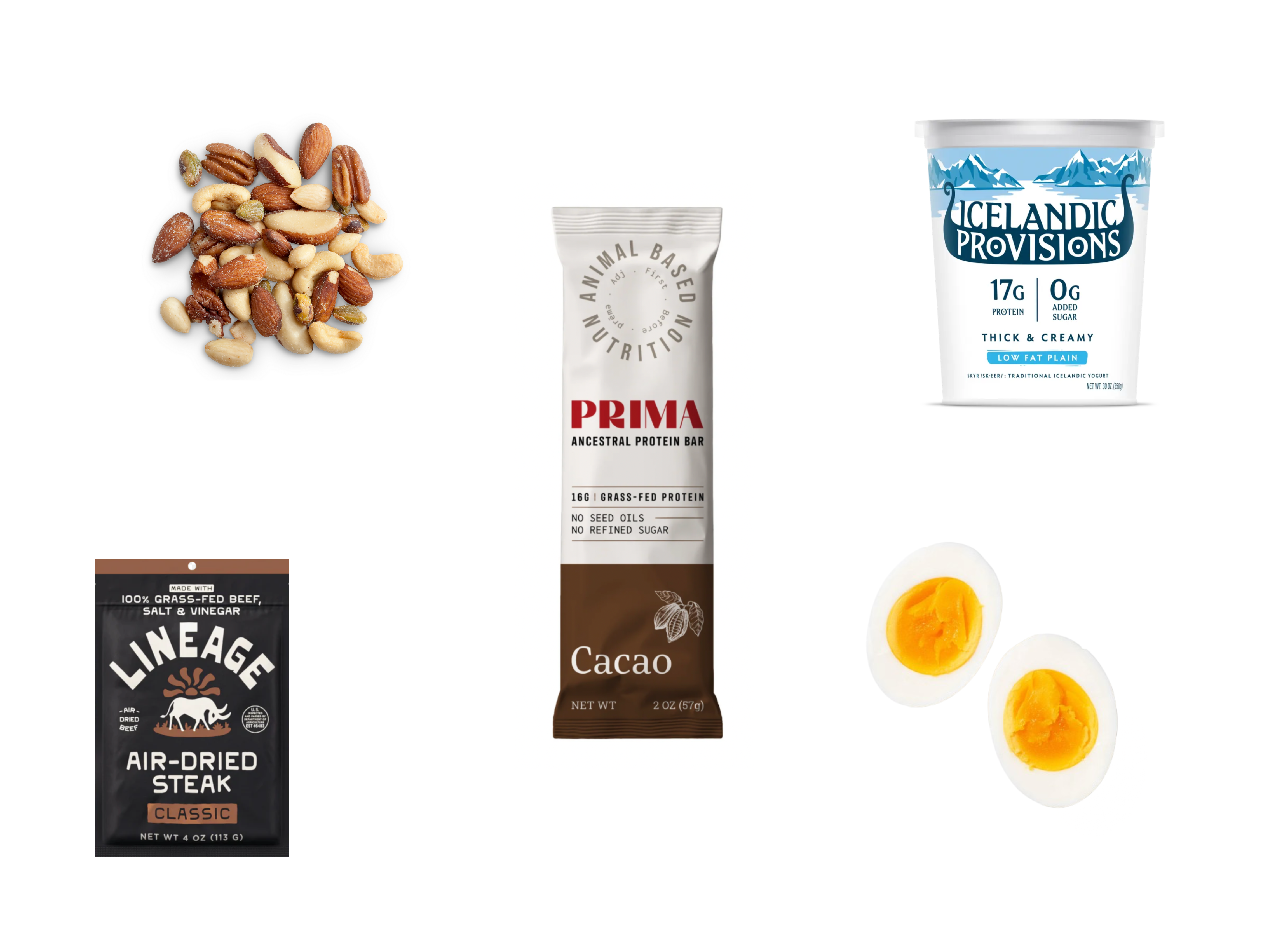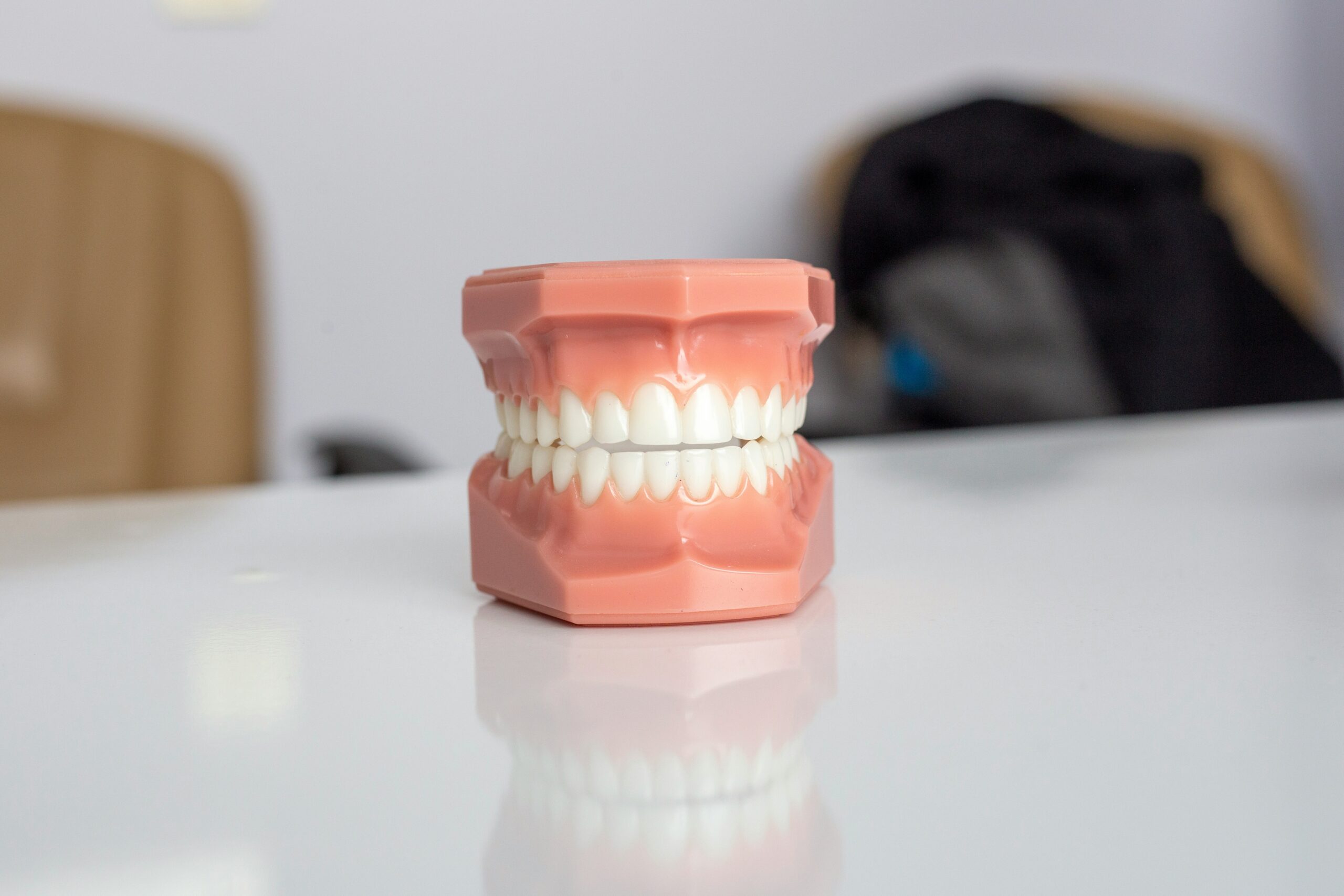
We all know how cranky we feel after a night of bad sleep. But beyond mood swings and brain fog, poor sleep has a much deeper impact on your body—particularly when it comes to inflammation.
First, What Is Inflammation?
Inflammation is your body’s natural immune response to injury, stress, or infection. It’s helpful in the short term, but when inflammation becomes chronic, it’s linked to nearly every major health issue: heart disease, autoimmune disorders, hormonal imbalances, skin problems, and more.
And here’s the kicker: your sleep (or lack thereof) may be quietly fueling that fire.
How Poor Sleep Triggers Inflammation
Scientific studies show that people who regularly sleep fewer than 6–7 hours a night often have elevated levels of inflammatory markers like C-reactive protein (CRP) and interleukin-6 (IL-6). These markers are associated with everything from metabolic dysfunction to cardiovascular disease.
Sleep is the time when your body does its deepest healing—regulating cortisol levels, repairing tissues, and clearing cellular waste. Skimp on sleep, and your immune system becomes dysregulated. Your body starts producing stress hormones, and inflammation becomes your new baseline.
One study from the University of California found that even one night of partial sleep deprivation can activate inflammatory pathways in healthy adults.
Chronic Inflammation = Silent Saboteur
What’s dangerous about chronic inflammation is that you don’t always feel it. You may just notice:
- Weight gain that won’t budge
- Brain fog
- Mood swings or low energy
- Skin issues
- Autoimmune flares
- Sluggish digestion
All of these can be signs your body is stuck in an inflamed state—and sleep could be the missing piece in your healing puzzle
Simple Ways to Improve Sleep and Reduce Inflammation
You don’t need a perfect 10-hour sleep schedule to make progress. Try these research-backed tips:
- Stick to a Sleep-Wake Cycle
Go to bed and wake up at the same time—even on weekends. Consistency matters. - Limit Blue Light Before Bed
Avoid screens or use blue light blockers 1–2 hours before sleeping. - Cool Down Your Room
The ideal sleep temp is 60–67°F. Your core body temperature needs to drop to initiate sleep. - Watch Caffeine Timing
Caffeine has a half-life of 5–6 hours. For better sleep, cut it off by 2 p.m. - Incorporate Anti-Inflammatory Foods
Omega-3s, turmeric, leafy greens, and antioxidant-rich berries can help calm the system
The Takeaway
Better sleep isn’t just about feeling rested—it’s one of the most powerful tools we have to reduce inflammation and support long-term health.
So next time you’re tempted to push through another late night, ask yourself: What would my future self choose?

6 Best High Protein Snacks (Simple, Easy, & Yum)
The best high protein snacks include jerky, eggs, dairy, cheese, and nuts when paired properly for fullness and steady energy.

The 2 p.m. Slump Is Not Normal, Here’s How to Beat the Afternoon Slump for Real
If you crash every afternoon, your body is asking for support, not more caffeine. Here’s how to beat the afternoon slump naturally with simple daily shifts.

How to Heal Early Tooth Decay and Remineralize Naturally
I spent a year intentionally balancing my minerals, nourishing my body, and practicing natural oral care to successfully remineralize my teeth naturally and heal early decay.





[…] Related Post The Link Between Sleep Quality and Inflammation […]
[…] Related Post The Link Between Sleep Quality and Inflammation […]
[…] Related Post Drinking Coffee on an Empty Stomach Is Sabotaging Your Health Related Post The Link Between Sleep Quality and Inflammation […]
Comments are closed.